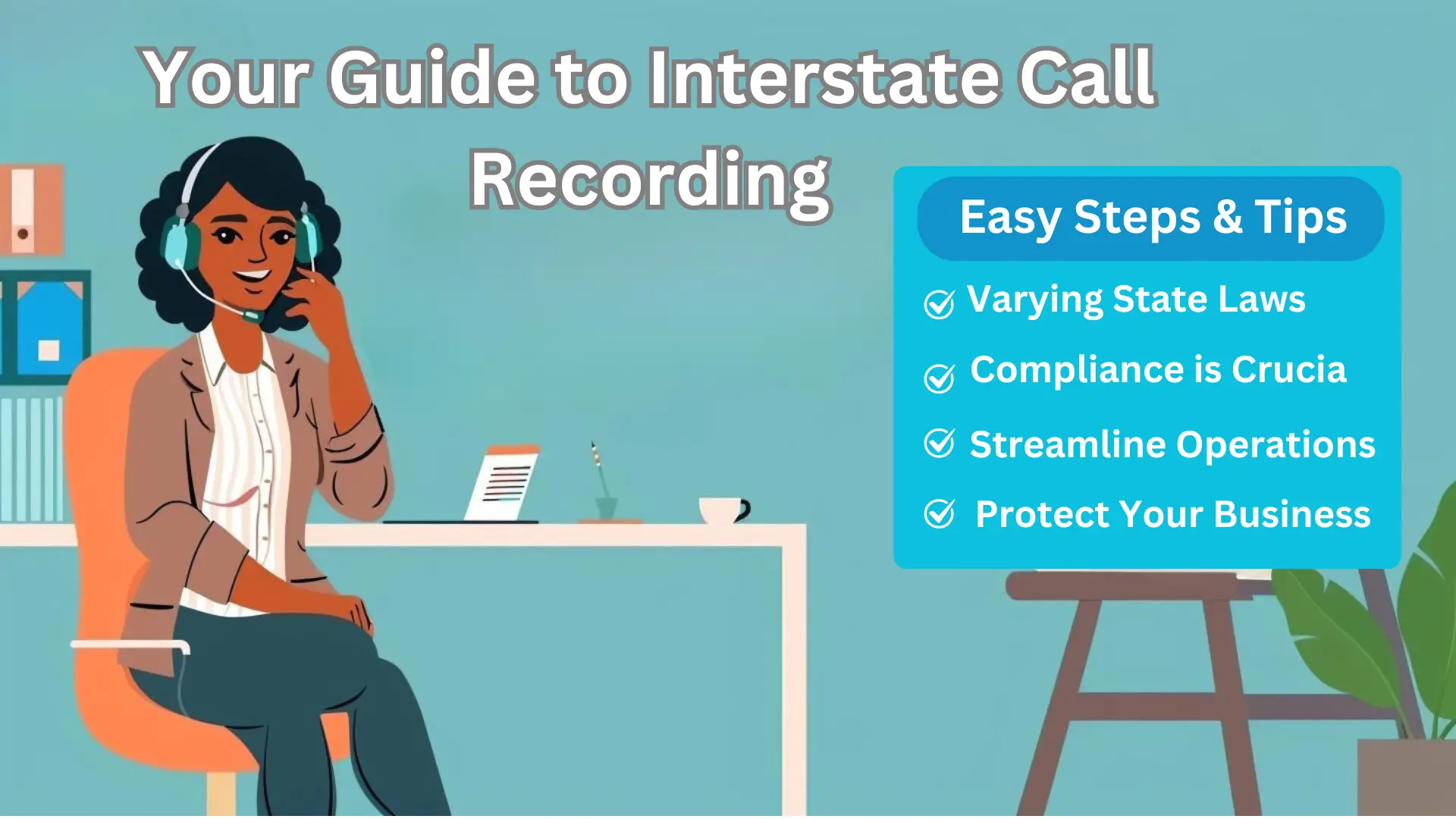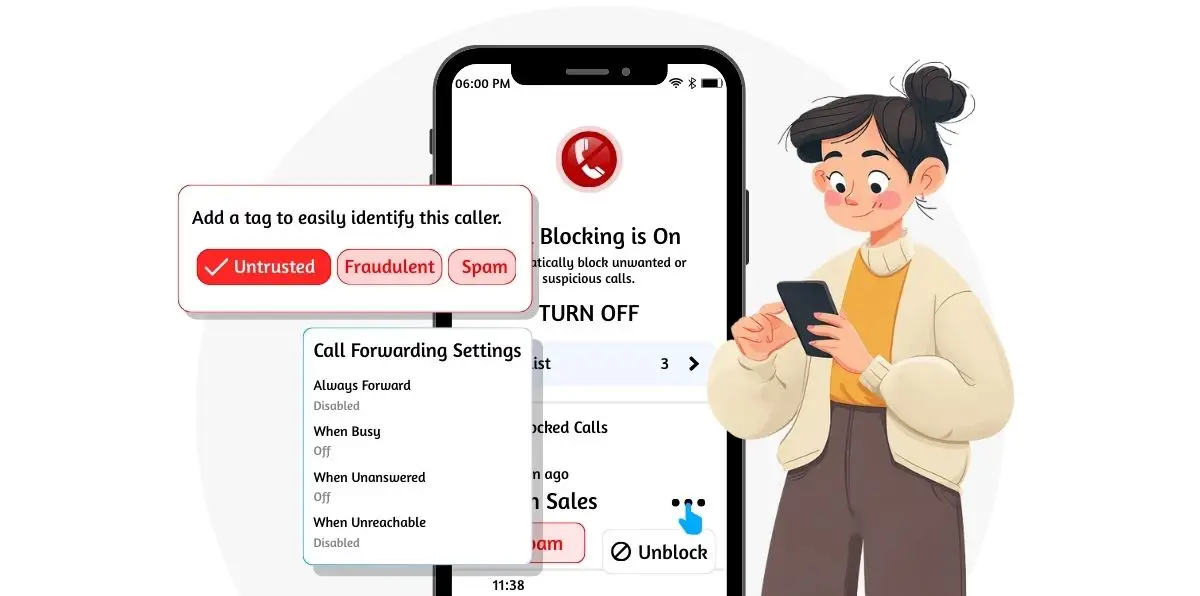Introduction
For any business focused on driving growth and building customer relationships, the simple phone call remains a powerhouse of communication. For businesses in 2025, voice calls are a critical channel for sales and support, while for individuals, they are the most direct way to connect. Every call you handle is either incoming or outgoing, which leads to the fundamental question: what does an outgoing call mean?
This guide will dive deep into what an outgoing call means, how it differs from other call types, and how you can master this fundamental aspect of communication. Understanding what an outgoing call means is the first step toward more effective outreach.
What Happens When You Make an Outgoing Call?
At its most basic level, what an outgoing call means is any call that you initiate from your device. When you pick up your smartphone, landline, or use a VoIP service to dial a number and press the “call” button, you are making an outgoing call.
For the person you are contacting, this same call is an “incoming” call. This simple definition is universal across all communication platforms and is crucial for interpreting your call logs and managing your phone plan.
How an Outgoing Call Differs From an Incoming Call
To fully appreciate what an outgoing call means, it’s vital to compare it with its counterpart. Many users get confused by the outgoing vs. incoming call terminology, but the difference is straightforward and has significant implications for both personal and business use.

Let’s break down the outgoing vs. incoming call difference with a simple table:
| Attribute | Outgoing Call | Incoming Call |
| Initiation | You start the call by dialing a number. | Someone else starts the call, and your phone rings. |
| Perspective | A call you made from your device. | A call you received on your device. |
| Action | A proactive choice to connect with someone. | A reactive choice to answer, ignore, or send to voicemail. |
| Cost | May be chargeable based on your plan (e.g., international, premium-rate numbers). | Typically free to receive (unless on an international roaming plan). |
| Business Use | Proactive outreach like sales prospecting, follow-ups, and setting appointments. | Reactive services like customer support and handling inquiries, often managed through a cloud contact center. |
The key takeaway is that the initiator determines the call type. This fundamental concept is central to understanding what an outgoing call means in any context.

Purpose Behind the Call: Proactive vs. Reactive
Beyond the technical definition, the core difference is about control and intent. An outgoing call is a proactive, purpose-driven action. The caller decides who to call, when to call, and what the topic of conversation will be. This proactive nature is the essence of what an outgoing call means in a strategic sense. An incoming call, by contrast, puts the recipient in a reactive position, requiring them to adapt to the caller’s agenda.
Types of Outgoing Calls
Not all outgoing calls are created equal. The technology and purpose behind them can vary significantly, which adds more layers to what an outgoing call means.

1. Manual Outgoing Calls
This is the classic phone call. A person physically dials a number on a device to connect with another person.
- Personal Use: Calling a friend to catch up or booking a restaurant reservation.
- Business Use: A sales executive calling a key prospect or a project manager calling a supplier.
2. Automated Outgoing Calls
These calls are initiated by software, not a person. Businesses use specialized systems to dial from a contact list automatically. So, what is an auto dialer? It’s a tool that dials numbers for agents, connecting them only when a person answers. These are the backbone of modern outbound dialing solutions.
- Business Use: Appointment reminders, marketing campaigns, customer surveys, and emergency alerts.
3. International Outgoing Calls
This is any call made to a number in a different country. It involves dialing an exit code, a country code, and the local number. Understanding what an outgoing call means when it crosses borders is crucial for managing costs, as these calls often have different rates. Services like VoIP from providers like My Country Mobile have made these calls far more affordable.
Your all-in-one solution for customer outreach.
Solutions for When You Can’t Make an Outgoing Call
Struggling to make a call? If your phone isn’t working, it can be frustrating. Here’s a checklist to troubleshoot why you can’t make outgoing calls:

- No Service: Check if you have network bars. No signal means no calls.
- Airplane Mode: Ensure this is switched off in your settings.
- Unpaid Bills: A lapsed payment can lead your provider to restrict services.
- Outgoing Call Barred: This is a common issue. Check your phone’s call settings to ensure you haven’t accidentally enabled the call barring feature that blocks outgoing calls. This setting can sometimes be activated by your carrier as well.
- SIM Card Error: Power down your phone, remove and re-insert the SIM card, and restart.
- Network Outage: Check your carrier’s website or social media for any reported outages in your area.
If these steps don’t help, it’s time to contact your service provider. This practical side is just as important as knowing what an outgoing call means.

Difference Between a Completed and a Canceled Call
Your call history uses specific terms that can be confusing. Clarifying them is a part of understanding what an outgoing call means in detail.

- An Outgoing Call: This appears in your log when you initiate a call that successfully connects to the network and at least rings on the recipient’s end. Even if it goes to voicemail, it’s considered a completed outgoing call.
- A Canceled Call: This is a call you start but hang up before it begins ringing for the other person. If you dial and immediately end the call, it’s “canceled” because a connection was never established.
The difference lies in whether the call successfully reached the recipient’s network. This distinction is a subtle but important part of what an outgoing call means in your call history.
Conclusion
At its core, what an outgoing call means is the simple act of proactively reaching out to connect with someone. From a personal call to a friend to a large-scale business campaign using advanced outbound dialing solutions, the principle remains the same.
By understanding the nuances of an outgoing call from the various types and their intent to troubleshoot common problems like an outgoing call barred error you gain greater control over your communications. Your understanding of what an outgoing call means is now complete, empowering you to communicate more effectively and strategically.

Frequently Asked Questions (FAQ's)
What is the difference between an "outbound" and an "outgoing" call?
“Outgoing” is any call you make. “Outbound” is a business term for specific, organized outgoing calls like telemarketing.
Why can I receive calls but not make any? My outgoing call is barred.
This is usually caused by a “Call Barring” setting on your phone or a restriction from your service provider, often due to a billing issue.
Are all outgoing calls charged?
It depends on your plan. Domestic calls may be included, but international and premium-rate numbers usually have extra charges.
If my outgoing call goes to voicemail, is it still considered a connected call?
Yes, a call connecting to voicemail is considered a completed and potentially billable call.
How can I hide my number on an outgoing call?
Use a prefix (like #31#) before dialing for a single call, or change the “Show my caller ID” option in your phone’s settings for all calls.















